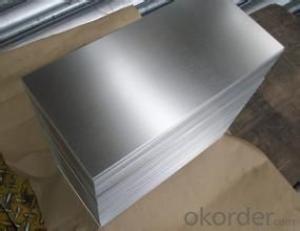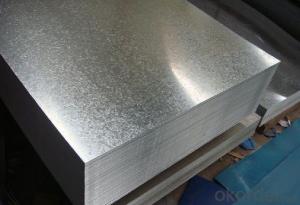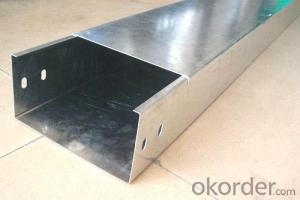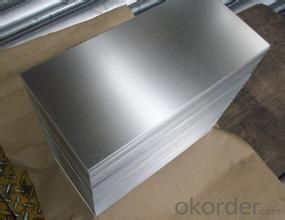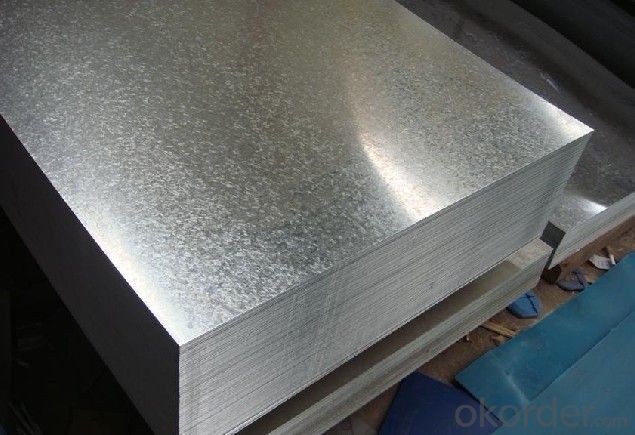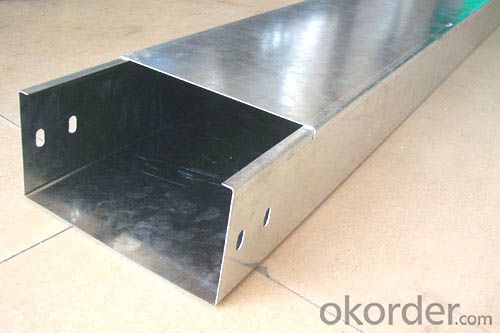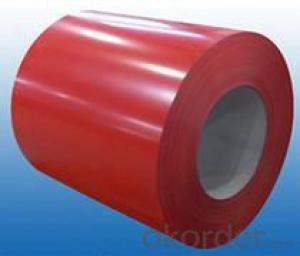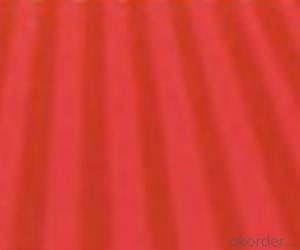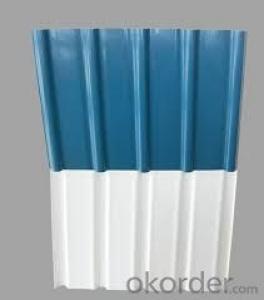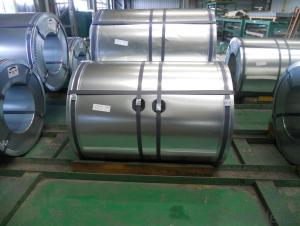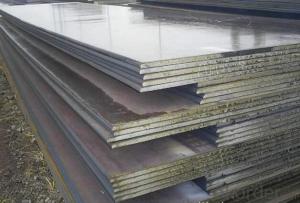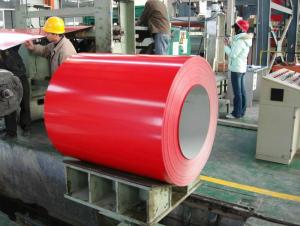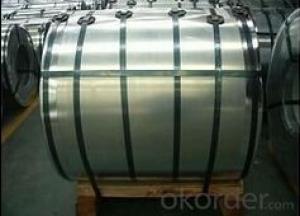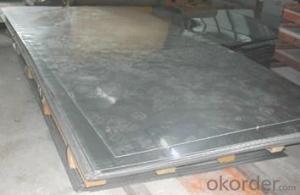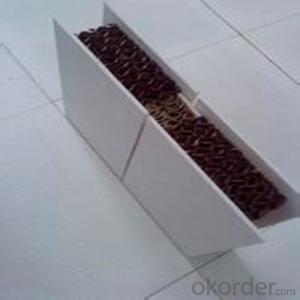GI steel sheet
- Loading Port:
- China Main Port
- Payment Terms:
- TT OR LC
- Min Order Qty:
- -
- Supply Capability:
- -
OKorder Service Pledge
Quality Product, Order Online Tracking, Timely Delivery
OKorder Financial Service
Credit Rating, Credit Services, Credit Purchasing
You Might Also Like
Specifications
GI Steel Sheet
thickness:0.135-1.5mm
width:600-1250mm
material:Q195, Q235, Q345B, SGCC, DX51D
ISO
- Q: Are the steel sheets resistant to UV radiation?
- Yes, steel sheets are generally resistant to UV radiation. Steel is a highly durable material that can withstand exposure to various environmental factors, including UV radiation. However, the extent of resistance may vary depending on the specific type of steel and its protective coating. Steel sheets with a high-quality protective coating, such as galvanized or stainless steel, are more resistant to UV radiation compared to bare steel. These coatings act as a barrier, preventing UV rays from directly impacting the steel surface and reducing the likelihood of degradation or discoloration. Additionally, regular maintenance and proper care can further enhance the steel sheets' resistance to UV radiation, ensuring their long-term durability and performance.
- Q: Can steel sheets be used in the electronics industry?
- Yes, steel sheets can be used in the electronics industry. They are commonly used as structural components, enclosures, and shielding for electronic devices.
- Q: Are steel sheets suitable for sports stadiums or arenas?
- Yes, steel sheets are suitable for sports stadiums or arenas. Steel sheets offer high strength and durability, making them a reliable choice for constructing structures that can withstand heavy loads and harsh weather conditions. Additionally, steel sheets can be easily fabricated and customized to meet the specific design and architectural requirements of sports stadiums and arenas.
- Q: Can steel sheets be used for electrical grounding purposes?
- Yes, steel sheets can be used for electrical grounding purposes. Steel is a good conductor of electricity, which makes it suitable for grounding applications. When properly connected to an electrical system, steel sheets can provide an effective path for the dissipation of electrical charges and prevention of electrical shock hazards. However, it is important to ensure that the steel sheets are adequately bonded and connected to the grounding system in order to create a low-resistance path for fault currents. Additionally, factors such as the thickness and surface area of the steel sheets should be considered to ensure they meet the requirements for effective grounding.
- Q: Are steel sheets resistant to warping under heat?
- Yes, steel sheets are generally resistant to warping under heat due to their high melting point and thermal stability.
- Q: Are steel sheets suitable for aerospace applications?
- Yes, steel sheets are suitable for aerospace applications.
- Q: Are steel sheets easy to clean and maintain?
- Yes, steel sheets are easy to clean and maintain. They have a smooth surface that can be wiped clean with a damp cloth or cleaned using mild soap and water. Additionally, steel sheets are resistant to staining, rusting, and corrosion, making them low-maintenance and durable.
- Q: What is the average fire rating for steel sheets?
- The average fire rating for steel sheets can vary depending on various factors, such as the thickness of the sheet, the type of steel used, and the specific fire testing standards that are being followed. Typically, steel sheets have a fire rating ranging from 30 minutes to 2 hours. However, it is important to note that fire ratings can be enhanced by incorporating additional fire-resistant materials or by using fire-resistant coatings on the steel sheets. It is always recommended to consult with fire safety experts or refer to the specific fire testing standards to determine the exact fire rating for a particular type of steel sheet.
- Q: Must the welding between steel sheets be opened?
- You can see that some welding not only opens the gap, but also welds the back to clean the root (removes does not have the welding penetration place). After welds, but also does not have the nondestructive examination, discovered that has the flaw, but also must repair
- Q: What is the difference between a perforated and expanded steel sheet?
- A perforated steel sheet is a flat metal sheet with evenly spaced holes, typically created through a mechanical punching process. On the other hand, an expanded steel sheet is formed by cutting and stretching a solid metal sheet, resulting in a grid-like pattern with diamond-shaped openings. While both provide ventilation, drainage, and visibility, perforated sheets offer more precise hole patterns and sizes, making them suitable for applications that require specific hole arrangements. Expanded sheets, on the other hand, provide a more rigid structure, making them ideal for walkways, catwalks, and platforms.
Send your message to us
GI steel sheet
- Loading Port:
- China Main Port
- Payment Terms:
- TT OR LC
- Min Order Qty:
- -
- Supply Capability:
- -
OKorder Service Pledge
Quality Product, Order Online Tracking, Timely Delivery
OKorder Financial Service
Credit Rating, Credit Services, Credit Purchasing
Similar products
Hot products
Hot Searches
Related keywords
